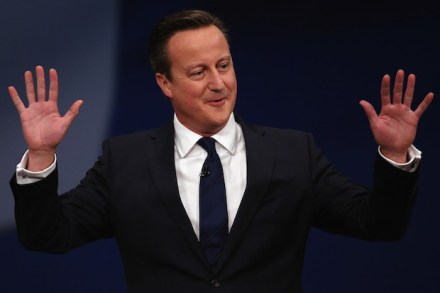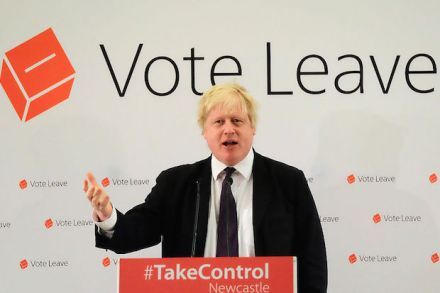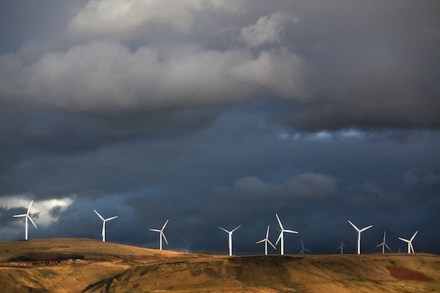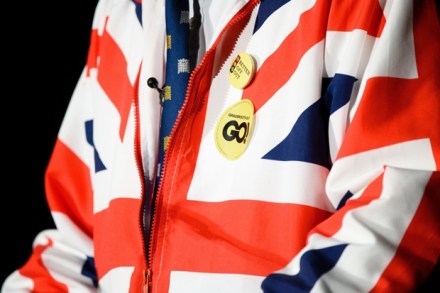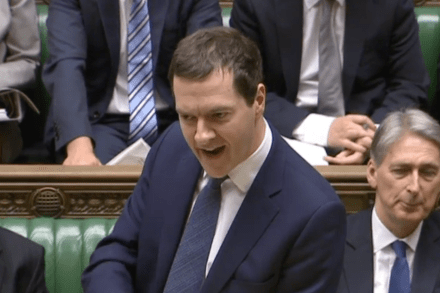MPs turn Treasury Questions into extended referendum campaign session
The Commons may have rather big legislation to debate at the moment, but the government itself seems to have tuned out until after the referendum is over. There was no Cabinet meeting this morning, and ministers are busy fighting one another at campaign events, rather than bustling about in their departments. Even departmental question sessions have changed from being an opportunity for backbenchers to ask questions about the work of Whitehall and ministers to session where the two camps in the EU referendum work together to get their messages into Hansard. Treasury questions today was a prime example. Yes, there were questions about the Northern Powerhouse and cuts to disability


